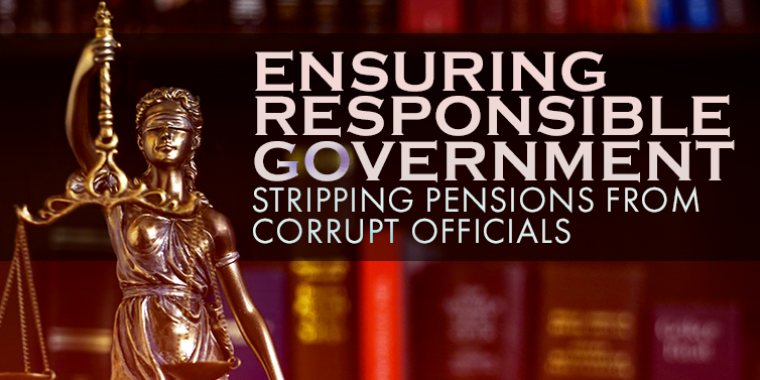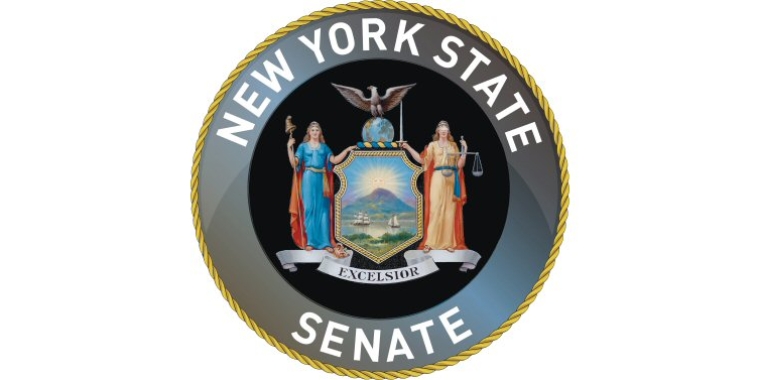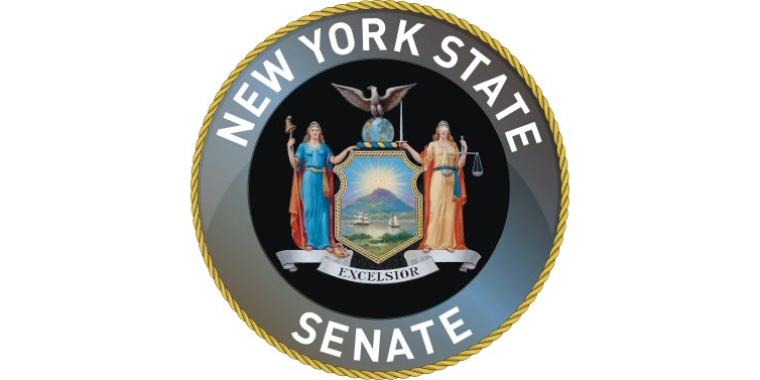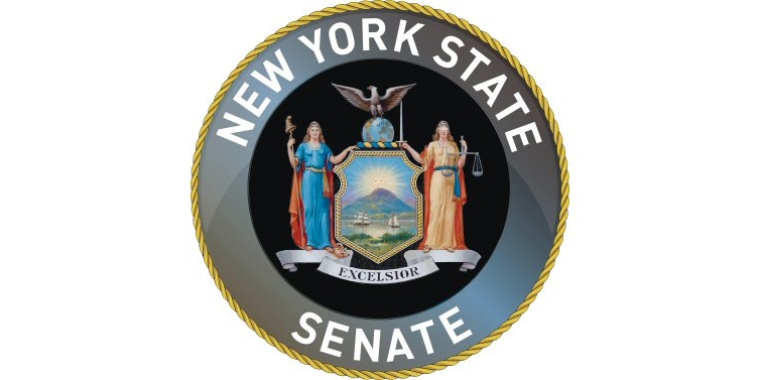
Ethics Reforms Help Restore Public Trust in Government
January 30, 2017

ALBANY – To restore faith in government, Senator Catharine Young (R,C,I- 57th District) today joined her colleagues to pass a resolution for a constitutional amendment that takes aggressive action against public corruption.
Under the State Constitution, passage of an amendment requires a vote in two separate, consecutive legislative sessions. The resolution, which incorporates ethics priorities put forward by Senator Young, was adopted for the first time last year. It would strip the public pensions from elected officials and policy makers convicted of corruption.
“The Senate is committed to restoring faith in government, and pension forfeiture has been a priority for us because those who violate the public trust need to be held responsible. Corrupt officials should not be able to cash in their taxpayer-funded pensions and continue to enjoy the fruits of their misdeeds,” Senator Young said.
Under legislation previously passed by the Senate and signed into law, public pension enrollees since 2011 can have their benefits revoked if they are convicted of corruption. However, previously enrolled members of the state pension system cannot have their retirements revoked without an amendment to the State Constitution.
“Hardworking New Yorkers deserve to trust their government and know that those in power are being held accountable. Last year, we took the first step to ensure that the public has recourse to reclaim a taxpayer-funded retirement if the person has violated their oath of office. Today, we have advanced this important ethics reform measure so that it can go before the voters,” said Senator Young.
Following today’s passage, the amendment will go before voters statewide during this year’s general elections in November.
The Senate also advanced a resolution today that would impose stricter measures on members of the Legislature who undertake outside employment. The measure specifies that Legislators must submit a written request for an advisory opinion from the Legislative Ethics Commission, to determine if their outside employment is consistent with the Public Officers Law.
related legislation
Share this Article or Press Release
Newsroom
Go to NewsroomStatement from NYS Senator Catharine M. Young (R,C,I-57th District)
February 28, 2019
Town of Mansfield Slated to Receive $300,000 State Grant
February 27, 2019

Senator Young Secures $125,000 for Town of Ripley
February 27, 2019

